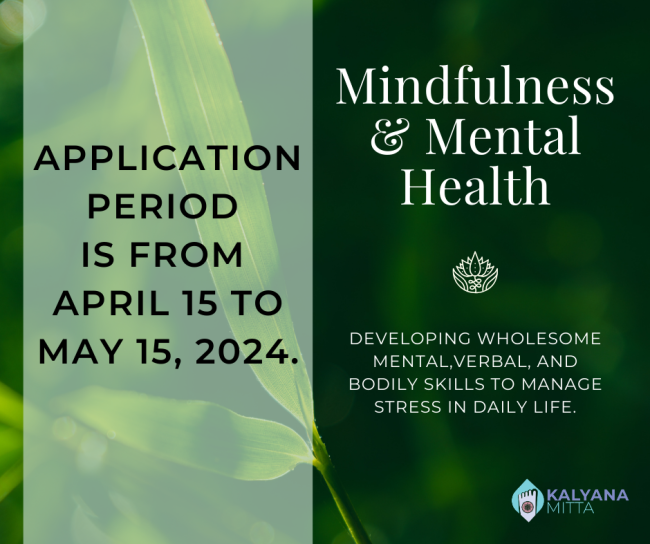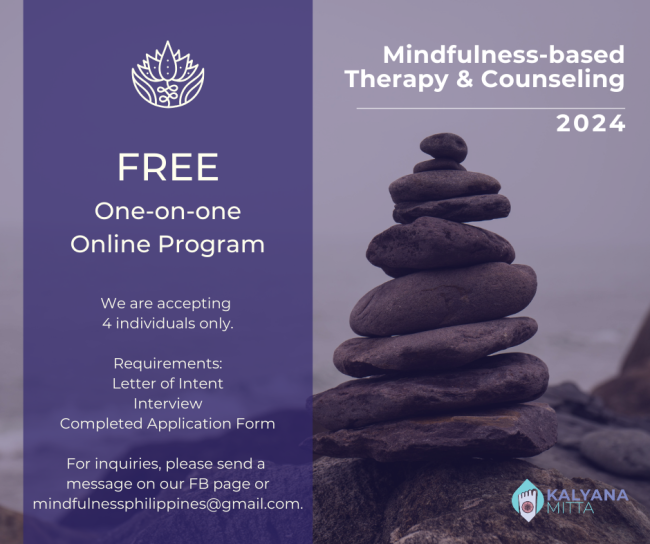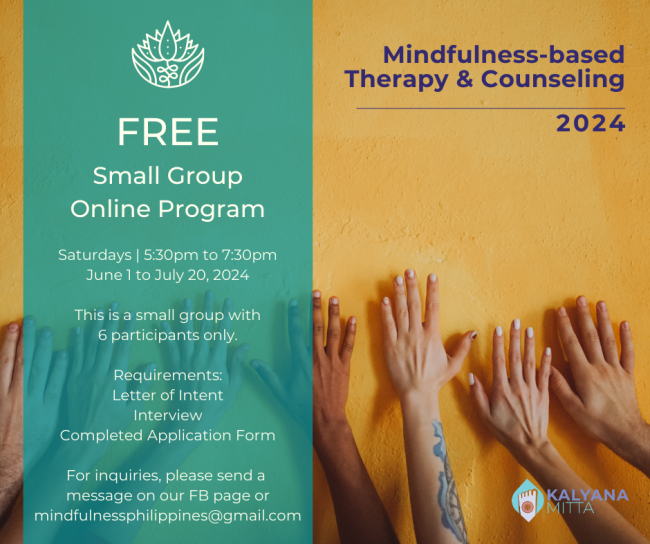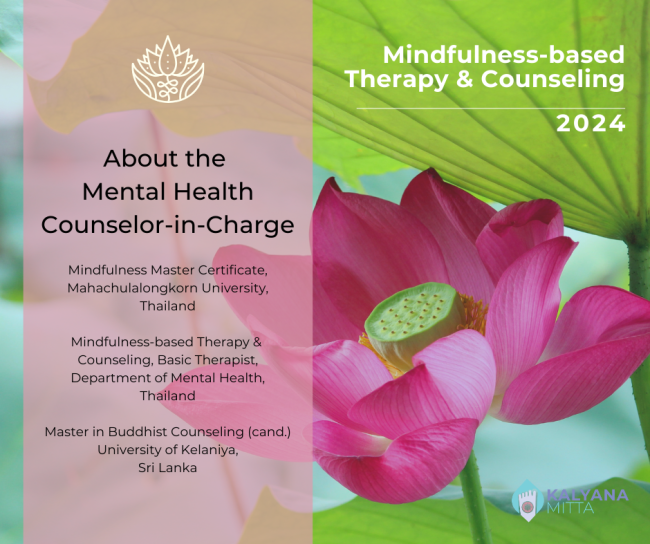MINDFULNESS-BASED
THERAPY & COUNSELING
“Monks, I do not say that the attainment of gnosis is all at once. Rather, the attainment of gnosis is after gradual training, gradual action, gradual practice. And how is there the attainment of gnosis after gradual training, gradual action, gradual practice? There is the case where, when conviction has arisen, one visits (a teacher). Having visited, one grows close. Having grown close, one lends ear. Having lent ear, one hears the Dhamma. Having heard the Dhamma, one remembers it. Remembering, one penetrates the meaning of the teachings. Penetrating the meaning, one comes to an agreement through pondering the teachings. There being an agreement through pondering the teachings, desire arises. When desire has arisen, one is willing. When one is willing, one contemplates. Having contemplated, one makes an exertion. Having made an exertion, one realizes with the body the ultimate truth and, having penetrated it with discernment, sees it.”
– Kīṭāgiri Sutta (MN 70)








